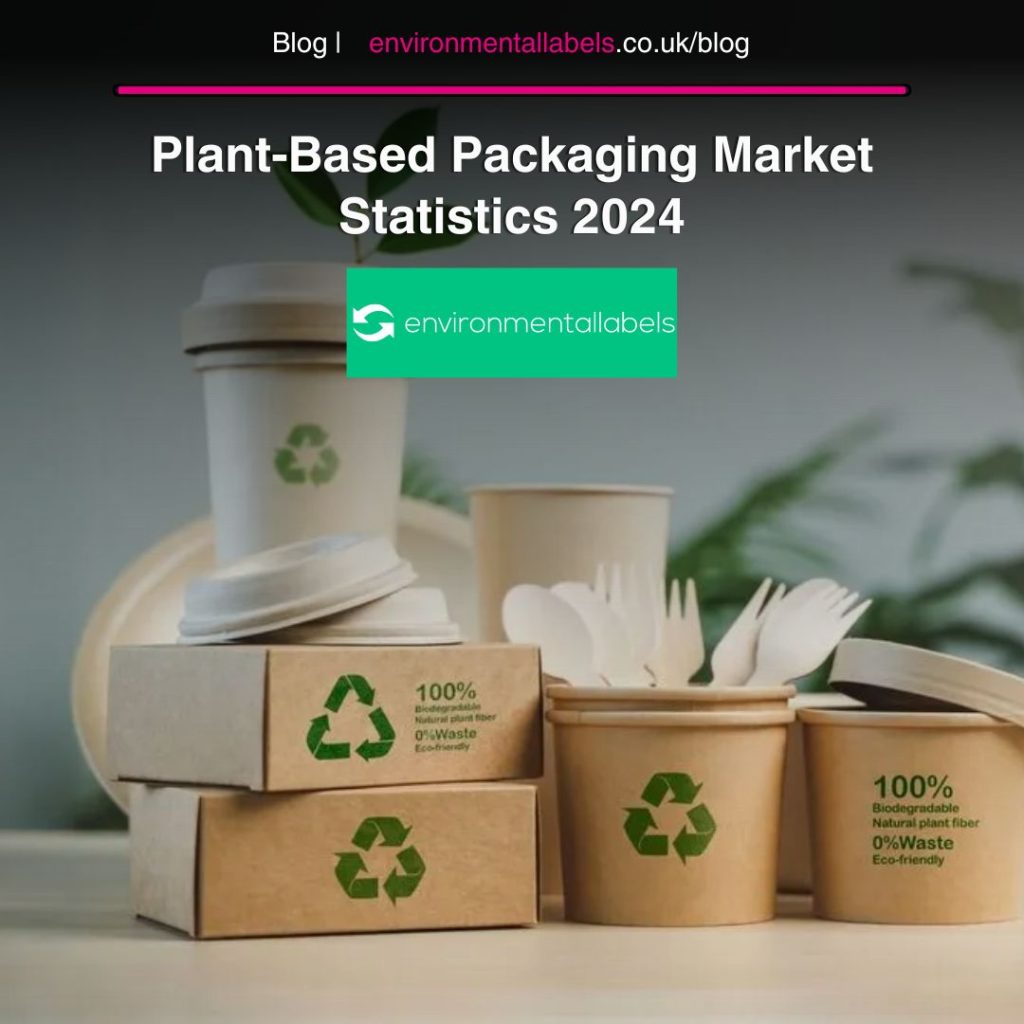The global plant-based packaging industry is experiencing rapid expansion, with growth expected to accelerate in the coming years. Valued at USD 110.48 million in 2022, the market is projected to reach an impressive USD 329.58 million by 2032, maintaining a steady compound annual growth rate (CAGR) of 11.6% from 2023 to 2032. This surge reflects more than just a fleeting trend—it signifies a fundamental shift towards sustainable packaging solutions with wide-ranging environmental and industrial implications.
With the growing demand for sustainable solutions, North America is leading the way in plant-based packaging innovation. The region’s strong focus on sustainability is driving progress, as companies adopt alternative materials and eco-friendly production methods to lessen dependence on conventional petroleum-based plastics. At the same time, Europe remains deeply invested in the research, development, and implementation of plant-based packaging, reinforcing its broader commitment to environmental responsibility and reducing plastic waste.
Bioplastics, which are made from renewable plant materials, are fuelling the expansion of the plant-based packaging market. These materials, unlike conventional plastics made from fossil fuels, are biodegradable and offer a promising alternative for industries looking to reduce their carbon footprint and environmental impact.
Two of the most commonly used bioplastics are biodegradable PLA (polylactic acid) and bio-PET (bio-based polyethene terephthalate). PLA is produced through the bacterial fermentation of dextrose into lactic acid, making it a biodegradable and renewable option. On the other hand, bio-PET is made from plant-based materials, offering the same strength and durability as traditional PET, but with a significantly smaller carbon footprint.
Consumers today are more informed than ever about the environmental impact of their purchasing decisions. The increasing demand for plant-based packaging is a clear reflection of this shift in consumer behaviour. As sustainability becomes a core value for many consumers, the need for environmentally friendly products is escalating. The packaging industry, particularly the food packaging sector, is responding to this shift by embracing plant-based alternatives that align with the growing preference for greener, more sustainable products.
Several key trends are driving the adoption of plant-based packaging across various industries. With the increasing concerns about plastic waste and environmental degradation, there has been a noticeable shift towards sustainable alternatives. Consumers and businesses alike are realising the importance of making conscious choices to reduce their environmental impact, and plant-based packaging offers a compelling solution.
Manufacturers are responding by expanding their product portfolios to include a broader range of plant-based packaging options, catering to the diverse needs of different industries. From food and beverages to cosmetics and household products, plant-based packaging is becoming a versatile and attractive choice for businesses seeking to align their operations with sustainability goals.
As the world becomes more environmentally conscious, industries are taking significant strides toward sustainable practices, with the packaging sector leading the charge. Among the most promising innovations in sustainable packaging is the rise of plant-based flexible packaging. This versatile and eco-friendly alternative to traditional plastic packaging offers a range of benefits, not just for the environment but for brands and consumers alike.
Europe, a close contender, also plays a crucial role in the global plant-based packaging market, with its strong market share of 32.0% in 2022. The continent’s commitment to sustainability is evident through various initiatives, regulations, and corporate innovations that support plant-based packaging solutions. One of the driving forces behind Europe’s environmental efforts is the EU Circular Economy Action Plan, a cornerstone of the region’s strategy to promote sustainability and reduce waste. The action plan’s clear focus on supporting circular economies ensures that sustainable and plant-based packaging alternatives remain at the forefront of legislative and corporate efforts.

